Published
7 months agoon
By
zaghrah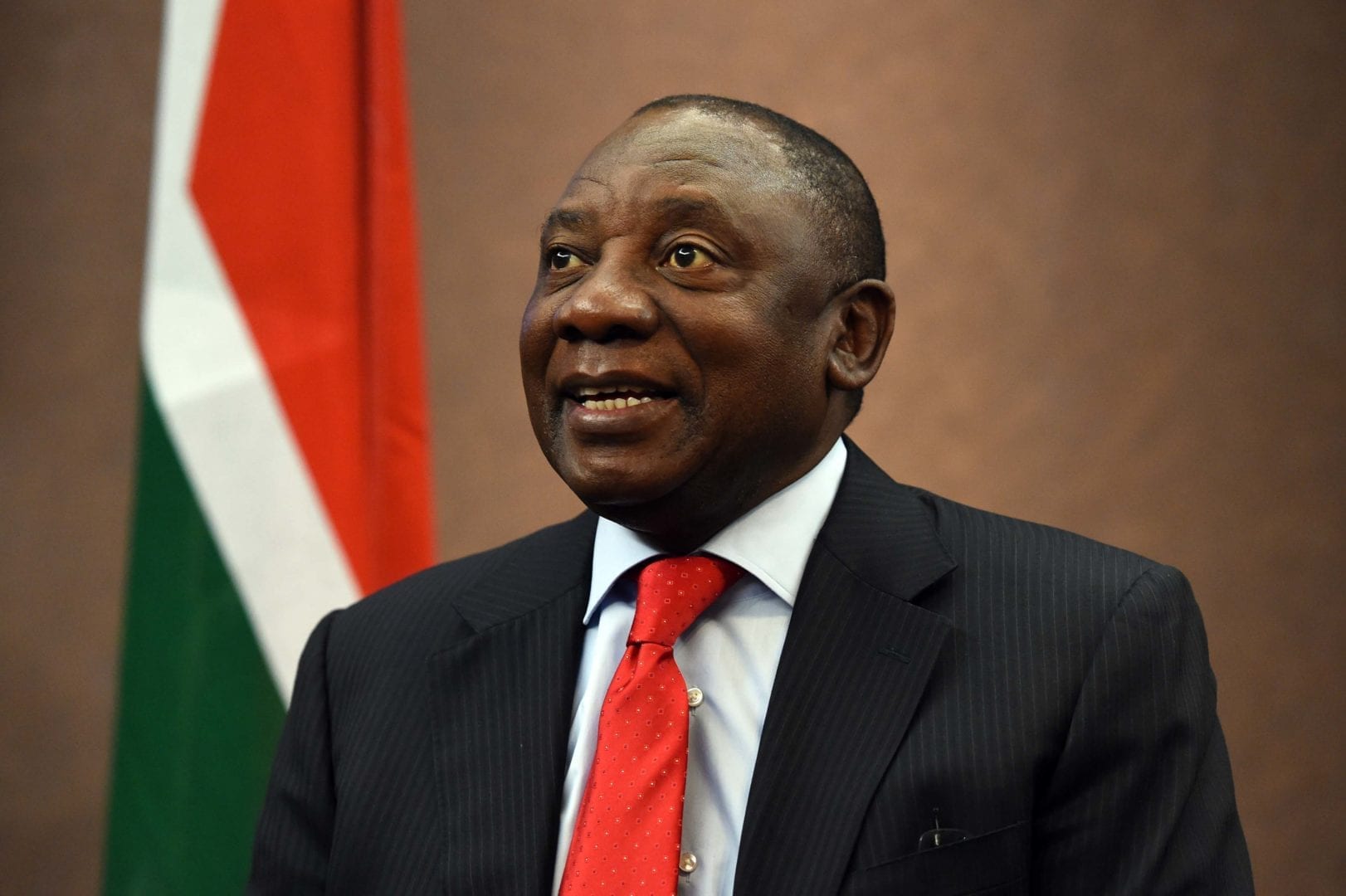
South Africa isn’t waiting for the next economic shock to hit, it’s building an R700 billion wall of opportunity to brace against it.
With global trade dynamics shifting and new environmental regulations like the EU’s Carbon Border Adjustment Mechanism (CBAM) threatening local exports, the government is pushing back, not with protest, but with a plan and some big-league diplomacy.
At the heart of this effort is a massive pipeline of clean energy, infrastructure, and industrial projects designed not just to protect the economy, but to reshape it.
CBAM: The Carbon Tax That’s Not Just About Carbon
The European Union’s CBAM is marketed as a climate tool, taxing carbon-intensive imports like steel, cement, and fertilizers. But in South Africa, many view it as a trade barrier in green clothing.
Minister of Trade, Industry and Competition Parks Tau made it clear: the government isn’t sitting idle. In fact, it’s engaging directly with the EU and using platforms like the World Trade Organisation (WTO) to push for fairer terms.
One promising outcome is the proposed Clean Trade and Investment Partnership a model trade agreement with the EU. As part of this deal, the EU has already committed an initial R90 billion to help facilitate cleaner exports and duty-free access in sectors like:
Sustainable aviation fuel
Green hydrogen
Dairy (used for the beloved local Amarula)
Electric and hybrid vehicle components
This partnership could be South Africa’s golden ticket to future-proof its industrial base while staying competitive in an increasingly eco-conscious market.
Tau emphasized a shift in strategy: No more “pit to port” extractivism. For decades, foreign powers, first the West, now the East have taken raw minerals and left.
That’s changing.
“We want a trade model premised on industrialisation, co-creation, and co-development,” Tau said.
This thinking feeds directly into the R700 billion investment plan, which features:
25GW of renewable energy projects worth R339 billion (solar parks, wind farms, battery storage, gas-to-power)
Transport and logistics upgrades
Investments in agro-processing, digital infrastructure, and manufacturing
One standout project involves Sasol, South Africa’s petrochemical titan, which is now in talks with the EU to produce clean aviation fuel. It’s a smart move aligning with both international climate goals and protecting SA exports from carbon tariffs.
It’s also a telling signal: even heavy industries are ready to evolve.
Back home, South Africa faces its own energy dilemma: the gas cliff, a coming shortfall in gas supply that could cripple industries.
The dtic is exploring securing U.S. gas imports in exchange for trade concessions on cars, steel, and seasonal produce. It’s a savvy negotiation one that recognises South Africa’s leverage even as it seeks lifelines.
Despite the upbeat investment talk, not everything is rosy. Tau confirmed the government bailed out ArcelorMittal SA (AMSA) not for the company’s sake, but to safeguard the entire downstream steel sector.
There’s been a ripple effect across the manufacturing value chain:
Mercedes-Benz is scaling down due to declining demand for sedans and combustion engines.
Component manufacturers are feeling the strain of the EV transition.
Goodyear Tyres plans to shut its Kariega plant, prompting urgent talks with the state to “stem the tide.”
It’s clear: the transition to clean tech and EVs isn’t just a green story, it’s a jobs story, and a resilience story.
Beyond Europe and the U.S., South Africa is deepening trade ties with China, where it hopes to capitalise on preferential market access and a robust framework agreement.
Talks with Saudi Arabia, UAE, and Qatar are also heating up, focused on long-standing investment pledges in:
Agriculture
Chemicals
Mining equipment
Once finalised, these agreements could unlock billions more in capital and opportunity.
South Africa’s R700 billion pitch isn’t just about money. It’s about control, over its resources, value chains, and place in a rapidly transforming global economy.
But big questions remain. Can the state execute on these promises? Will investment commitments translate into real jobs and new industries? Can SA’s diplomatic balancing act succeed in a world where climate, trade, and politics are colliding?
Only time will tell. For now, though, South Africa is leaning in, not backing down. And that alone is a shift worth watching.
{Source: IOL}
Follow Joburg ETC on Facebook, Twitter , TikTok and Instagram
For more News in Johannesburg, visit joburgetc.com
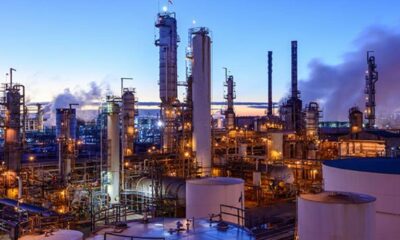

Below R100: Sasol Shares Nosedive as Analysts Turn Sour on Oil, Rand Risks
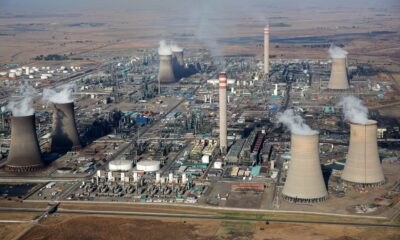

Smelly skies over Joburg: What to know when the ‘rotten egg’ smell returns
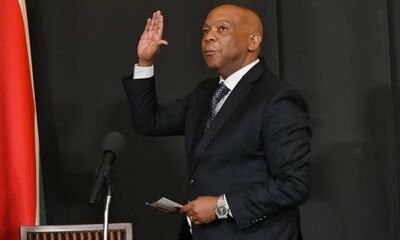

Powering the Future: South Africa’s Bold Push to Revive Its Small Nuclear Reactor Tech
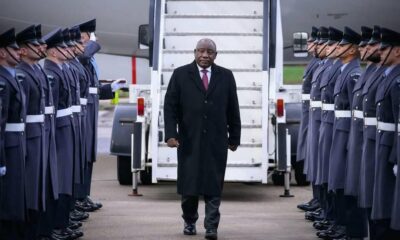

Ramaphosa Welcomes €11.5 Billion EU Boost for South Africa’s Green Growth Roadmap
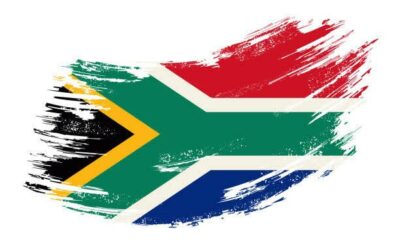

The Unspoken Blueprint: What Truly Unites South Africa’s Corporate Champions


Parks Tau: South Africa Fights to Secure US Trade Deal Amid Global Shifts















